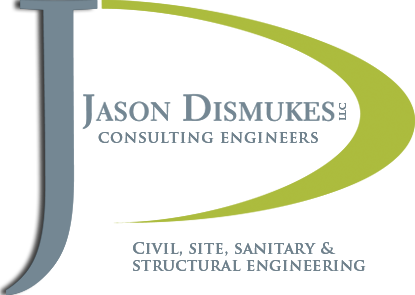

Civil Engineering Services in Connecticut
← Back to ServicesFeasibility Studies
What is a Feasibility Study?
The definition of feasibility study is; an assessment of the practicality of a proposed plan. Quite simply, engineering feasibility studies are performed to analyze the potential of a property for various types of development. A civil engineer, like Jason Dismukes, LLC, analyzes the project site to help a client determine the feasibility of a project. Considerations taken to determine feasibility include; the proposed development, identify the constraints of a given parcel of land, desired time frame to completion, project budget, environmental considerations, and town regulations.
Why should you have a feasibility study performed?
A feasibility study will help you determine if your property is “buildable”, for your desired project. This term can have a few definitions. The site may in fact have all the factors in place to physically support a building; however the cost of properly developing the land may be too expensive. Or it could meet all the town regulations and requirements but need multiple engineered systems to make the plan work. The proper definition of a buildable site is one that has had a feasibility study performed with the factors of your project taken into consideration. The land was evaluated to meet the needs of your design plan and can be carried out within your budget.When should a feasibility study be performed?
Ideally, a civil engineer should be brought in to perform a feasibility study prior to purchasing the property. A civil engineer can help you determine if the land conforms to the requirements of your project. They can determine if the property and project will meet town Planning, Zoning, Inlands, Wetlands, and Watercourses regulations. Or make the necessary changes to the initial plan to meet these regulations.
How is a feasibility study conducted?
A civil engineer will visit the site of the proposed project. The land will be visually assessed to determine; soil types, topography, rough site lines of wetland boundary and septic system soils, when applicable. The engineer compiles data from these various resources to aid in determining feasibility.
Who should perform the feasibility study?
A civil engineer is often the primary consultant in assessing project feasibility. They can determine if a surveyor, architect and/or builder should be called in for further consultation. However, a feasibility study is a basic assessment to determine if a project is feasible. Jason Dismukes, LLC will provide a professional, comprehensive feasibility study to help you determine if the property you are interested in is right for your project.
